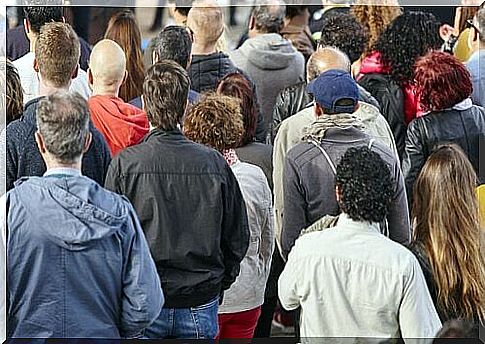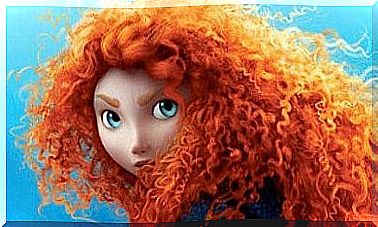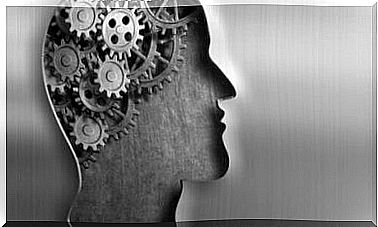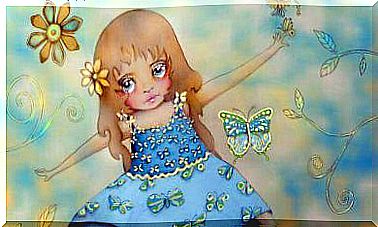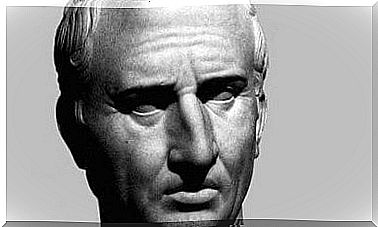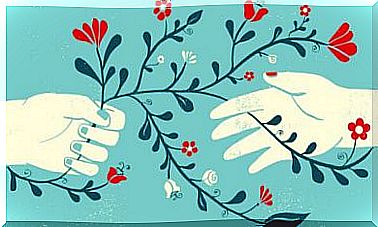Meta-dehumanization: What I Think People Think Of Me
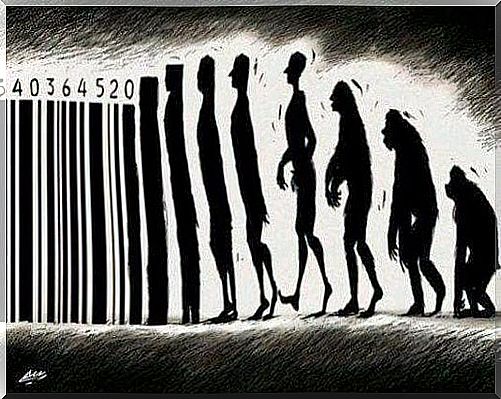
Dehumanizing is attributing traits to other people that we consider to be typical of animals and denying them other human traits. In other words, to dehumanize is to consider someone as “less human and more animal”. However, people can not only dehumanize, but also feel dehumanized. This is called meta-dehumanization. Thus, it therefore means thinking that others do not see us as humans: they consider us inferior to the representation we have of the category of people.
Meta-dehumanization is cognition, a belief. And that is the “goal,” which means it is to reflect on what other people think of us. It is also imagining that others think that we share the traits of an animal. This metacognition can lead us to develop more hostile attitudes towards those we suspect to think badly of us.
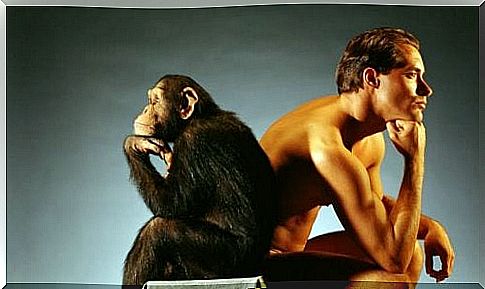
Ways to understand dehumanization
Dehumanization at the collective level can be understood as a psychological process that strips others of their group identity. It places them outside of accepted mores and highlights the incongruity of their values with ours. This process facilitates violence against the dehumanized group. Two models emerge from the theory of dehumanization: that of infrahumanization and the double model of dehumanization.
According to infrahumanization, individuals deny the emotions of members of other groups, so that they cannot be distinguished from animals. So those who dehumanize attribute an animal essence to the dehumanized while maintaining in their design a human essence for the members of their group. Of course, the emotions they deny are the most human ones, that is, secondary emotions such as shame and euphoria; However, they are not denied the primary ones, such as fear and basic emotions, which we share with more animals.
In accordance with the dual model of dehumanization, there are two types of dehumanization: animation and mechanization. On the one hand, by refusing the exclusively human traits that distinguish us from animals. For example, cognitive skills, sophistication, and the ability to be civilized will drive us.
On the other hand, by refusing the characteristic features of human nature, we will mechanize. On the other hand, it is not necessarily clean compared to other animals, as are, for example, heat and emotion. On the other hand, groups who are denied what makes them human are compared to animals, while those who are denied human nature are compared to inanimate objects such as robots or automatons.
Types of dehumanization
Dehumanization can also be expressed in two different ways. Like prejudice, we face a subtle and explicit dehumanization. These subtle shapes negate some traits, but not all. They are therefore not considered to be completely human, but neither are they completely compared to animals. On the other hand, explicit dehumanization consists in considering that the members of a group are closer to animals than to humans. This is a more radical manifestation of it.
One of the differences between these two forms of dehumanization is in the consequences. It is obvious that a more explicit form of dehumanization has more negative consequences than a subtle form. However, the subtle forms of it are easier to accept and therefore more difficult to eliminate. For example, comparing a black person to a monkey can be frowned upon. However, considering that it smells bad can become an idea that passes more easily.
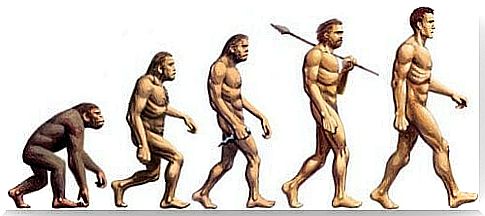
Meta-dehumanization
What happens when we think someone is dehumanizing us? When meta-dehumanization occurs, the most obvious response is dehumanization. In other words, if we think someone is dehumanizing us, it is very likely that we will adopt the same attitude in response. As if it was a vicious cycle. But this vicious circle does not end there. Indeed, it has been observed that the feeling of dehumanization is linked to hostile reactions.
Thus, feeling dehumanized (meta-humanization) by someone leads to dehumanize them in return, which leads to the development of hostile attitudes. By hostile attitudes we mean aggression, support for punitive measures or refusal to share. For example, in the case of immigrants, thinking that they are dehumanizing us will lead us to support laws preventing their entry into our country and to support measures such as torture and revenge.
In conclusion, if someone denies us our humanity, it will encourage us to deny them theirs. This will lead us into a vicious cycle that will cause us to have hostile intentions towards each other. Also, the other will also have the same attitudes towards us. This is the great danger of meta-humanization: mutual hostility.
